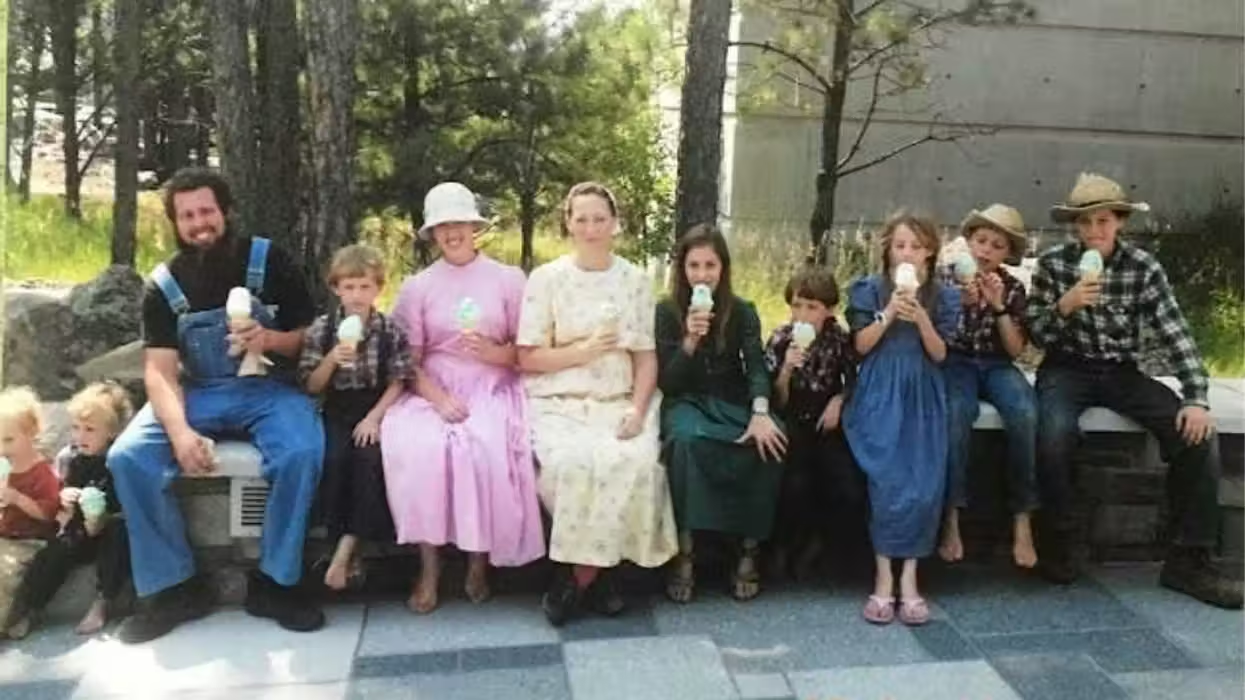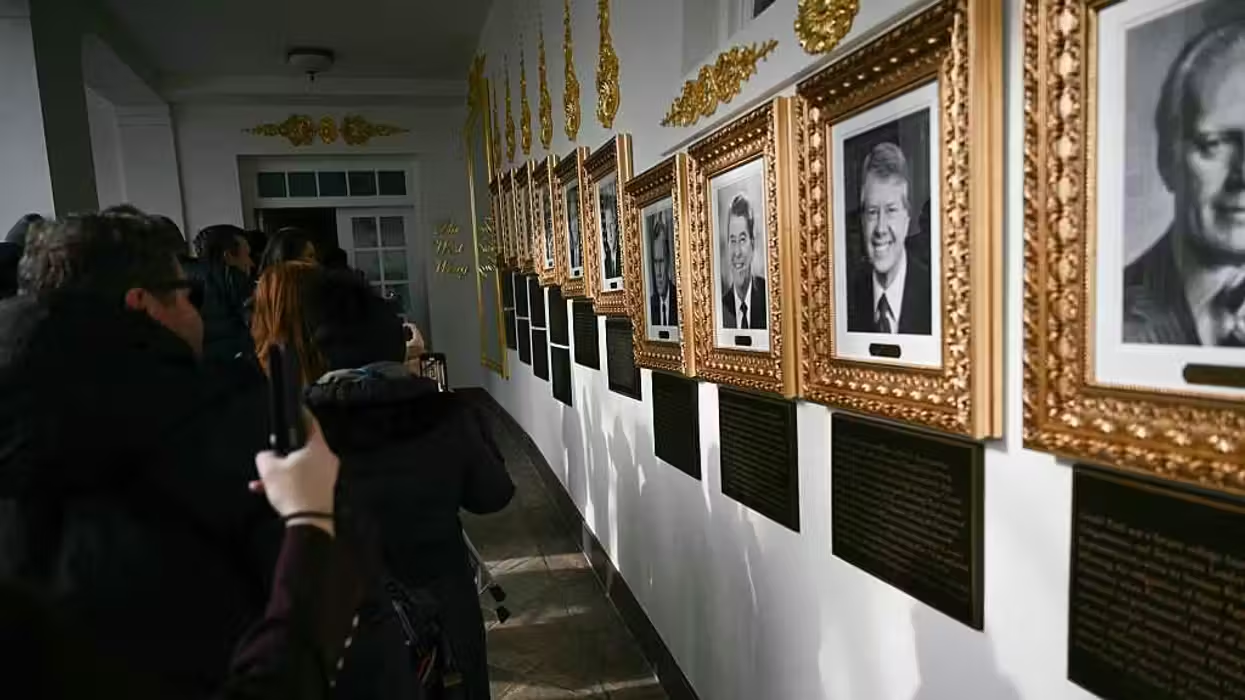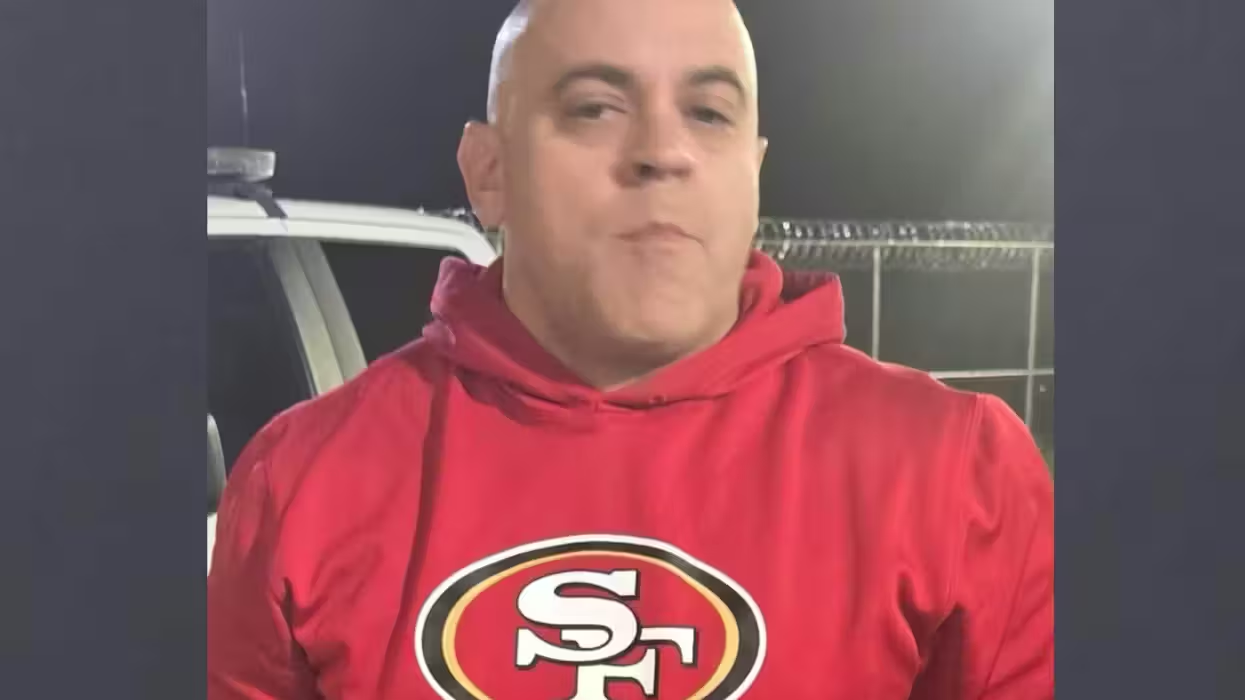© 2025 Blaze Media LLC. All rights reserved.
 OSLO, Norway (AP) -- The man who has confessed to carrying out a bombing and shooting spree that left 93 people dead in Norway will be held for at least eight weeks, half of that in complete isolation, after a closed hearing in which he said his terror network had two other cells.
OSLO, Norway (AP) -- The man who has confessed to carrying out a bombing and shooting spree that left 93 people dead in Norway will be held for at least eight weeks, half of that in complete isolation, after a closed hearing in which he said his terror network had two other cells.
Anders Behring Breivik pleaded not guilty to one of the deadliest modern mass killings in peacetime, saying he wanted to save Norway and Europe from a Muslim takeover and send a strong signal, but was not trying to kill as many as possible, Judge Kim Heger said after a closed court hearing.
Breivik could tamper with evidence if released, and will be held for at least another two months without access to visitors, mail or media, the judge said.
Breivik made clear in an Internet manifesto that he planned to turn his court appearance into theater, preparing a speech for his appearance in court even before launching the attacks, and then requesting an open hearing in which he would wear a uniform. Both of those requests were denied.
The suspect staged the bombing and youth camp rampage as "marketing" for his manifesto calling for a revolution that would rid Europe of Muslims, he said. A judge ordered the hearing closed, denying the suspect the chance to the public stage he wanted.
Reporters and locals thronged the courthouse on Monday ahead of the hearing for their first glimpse of Breivik since the assault. When one car drove through the crowd, people hit its windows and one person shouted an expletive, believing Breivik was inside.
The hearing ended after about 35 minutes.
Peaceful, liberal Norway was stunned by the bombing in downtown Oslo and the shooting massacre at a youth camp outside the capital. He blames liberals for championing multiculturalism over Norway's "indigenous" culture.
"It is clear that there is concrete information that a public hearing with the suspect present could quickly lead to an extraordinary and very difficult situation in terms of the investigation and security," Heger said.
The court acknowledged that there was a need for transparency in the case and that it normally would consider arguments from the press when making decisions to close hearings but said that wasn't possible "for practical reasons."
It's unusual that the hearing was closed even before it began. Normally, a judge would make such a decision in open court.
Typically, the accused is brought to court every four weeks while prosecutors prepare their case, so a judge can approve his continued detention. In cases of serious crimes or where the defendant has admitted to the charges, longer periods of detention are not unusual.
Prime Minister Jens Stoltenberg led the mourning nation in a minute of silence on Monday, standing on the steps of an Oslo university next to a flame. The king and queen stood by as well, and neighboring countries Denmark and Sweden also joined in the remembrance.
Signs of normality began to return to Oslo on Monday. A wide police cordon around the bomb site was lifted on the first workday since the attacks, leaving just a narrower zone closed off. Most shops were open and trams were rumbling through the city's streets.
But the flag on the courthouse where Breivik appeared remained at half staff, and the world's media was buzzing around the building.
The search for more victims continues and police have not released the names of the dead. But Norway's royal court said Monday that those killed at the island retreat included Crown Princess Mette-Marit's stepbrother, an off-duty police officer, who was working there as a security guard.
Court spokeswoman Marianne Hagen told The Associated Press that his name was Trond Berntsen, the son of Mette-Marit's stepfather, who died in 2008.
Meanwhile, in an interview with Swedish tabloid Expressen, the suspect's father said he was ashamed and disgusted by his son's acts and wished he had committed suicide.
"I don't feel like his father," said former diplomat Jens David Breivik from his secluded home in southern France. "How could he just stand there and kill so many innocent people and just seem to think that what he did was OK? He should have taken his own life too. That's what he should have done."
Breivik said he first learned the news of his son's attacks from media websites. "I couldn't believe my eyes. It was totally paralyzing and I couldn't really understand it."
"I will have to live with this shame for the rest of my life. People will always link me with him," he said.
Jens David Breivik said he had severed all contact with his son in 1995 when the latter was 16.
Police were surrounding the suspect's father's house in the south of France on Monday. They initially said they were searching the premises, but later said they were there to ensure public order. Journalists were outside the property.
The attacks rattled Norway, a small and wealthy country unused to political violence, and known internationally as a peace mediator, prominent foreign aid donor and as home of the Nobel Peace Prize. Survivors of the camp shooting on the Utoya island described how a gunman dressed in a police uniform urged people to come closer and then opened fire, sending panicked youth fleeing into the water.
Police say 86 people were killed. About 90 minutes earlier, a car bomb exploded in the government district in central Oslo, killing seven.
More than 90 people were wounded, and others remain missing at both crime scenes.
Breivik laid out his extreme nationalist philosophy as well as his attack methods in a 1,500-page manifesto. It also describes how he bought armor, guns, tons of fertilizer and other bomb components, stashed caches of weapons and wiping his computer hard drive - all while evading police suspicion and being nice to his neighbors.
Polish security officials said Monday that he bought some of the components for his bomb-making in Poland, adding that the online purchases were legal. Pawel Bialek, the deputy head of the Internal Security Agency, said Monday that the chemicals can be bought anywhere in Europe. They included a synthetic fertilizer.
Dr. Colin Poole, head of surgery at Ringriket Hospital in Honefoss northwest of Oslo, told The Associated Press that the gunman used special bullets designed to disintegrate inside the body and cause maximum internal damage. Poole said surgeons treating 16 gunshot victims have recovered no full bullets.
"These bullets more or less exploded inside the body," Poole said. "It's caused us all kinds of extra problems in dealing with the wounds they cause, with very strange trajectories."
Ballistics experts say "dum-dum"-style bullets also are lighter in weight and can be fired with greater accuracy over varying distances.
---
Associated Press writers Angela Charlton in Paris, Sarah DiLorenzo in Stockholm and Shawn Pogatchnik in Oslo, Norway, contributed to this report.
Want to leave a tip?
We answer to you. Help keep our content free of advertisers and big tech censorship by leaving a tip today.
Want to join the conversation?
Already a subscriber?
Jonathon M. Seidl is a former managing editor of Blaze News and a best-selling author and speaker. His next book, “Confessions of a Christian Alcoholic,” will be released on October 7, 2025.
Jonathon M. Seidl
Jonathon M. Seidl is a former managing editor of Blaze News and a best-selling author and speaker. His next book, “Confessions of a Christian Alcoholic,” will be released on October 7, 2025.
more stories
Sign up for the Blaze newsletter
By signing up, you agree to our Privacy Policy and Terms of Use, and agree to receive content that may sometimes include advertisements. You may opt out at any time.
Related Content
© 2025 Blaze Media LLC. All rights reserved.
Get the stories that matter most delivered directly to your inbox.
By signing up, you agree to our Privacy Policy and Terms of Use, and agree to receive content that may sometimes include advertisements. You may opt out at any time.






